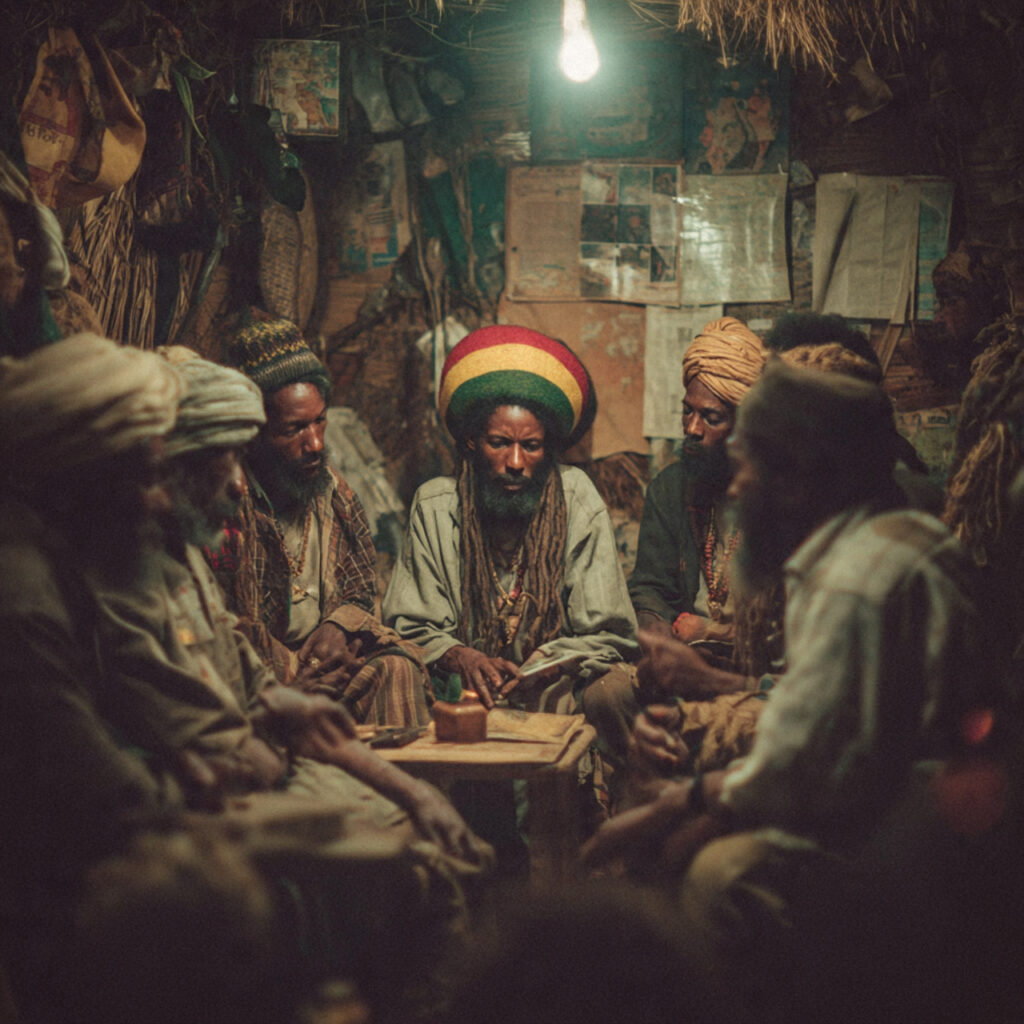The Rastafari Society of Kenya (RSK) continues its campaign to decriminalise cannabis for religious purposes, but the process has faced yet another delay in court. The High Court recently granted the Attorney General additional time to submit responses to the society’s long-standing petition, postponing a full hearing that had been scheduled. The AG’s office cited the need for more time to prepare and file the necessary documents.
Religious Rights at the Centre of the Case
At the heart of the constitutional challenge is the RSK’s claim that criminalising cannabis, commonly referred to as bhang, infringes upon the religious rights of Rastafarians. Cannabis is a central element of their spiritual practice, believed to enhance meditation, healing, and connection with nature. The society argues that its use is both spiritual and medicinal, forming an essential component of their faith.
Originally filed in 2021, the petition seeks legal parity, requesting that Rastafarians be allowed to use cannabis similarly to individuals with licenses or medical prescriptions. The society emphasizes that its members are “born, not created,” asserting that their claim stems from a genuine, lived religious identity. They stress that access to cannabis for meditation and reasoning is an indispensable aspect of spiritual expression.
Legal Context and Constitutional Arguments
The RSK cites Kenyan law, including Article 11(3)(b) of the Constitution, which mandates that the government pass legislation allowing research on various seeds and plant varieties, including marijuana. The society argues that current restrictions contradict this provision, preventing them from exercising their faith and conducting lawful research.
Community Reactions and Setbacks
Representatives of the Rastafari community have expressed frustration over repeated delays, noting that the state has consistently postponed proceedings since the case was filed. While the community has shown patience, the latest adjournment prolongs uncertainty around their petition. The lawyer representing the RSK opposed the postponement, arguing that the society has waited long enough for a hearing.
Looking Ahead: Final Ruling Scheduled
Despite setbacks, the court has set a definitive date for the final judgment. Proceedings will resume in January 2026, with the High Court scheduled to deliver its ruling on 12 March 2026. The decision will determine whether Rastafarians in Kenya can legally use cannabis as part of their religious practice and may set a precedent for future cases involving faith-based exemptions to national drug laws.
Significance for the Rastafari Community
For the Rastafari community, the outcome represents more than legal recognition—it is a fight for religious freedom, cultural identity, and spiritual expression. The coming months will be closely watched by advocates, legal experts, and members of the society eager for a resolution that affirms their constitutional rights.

